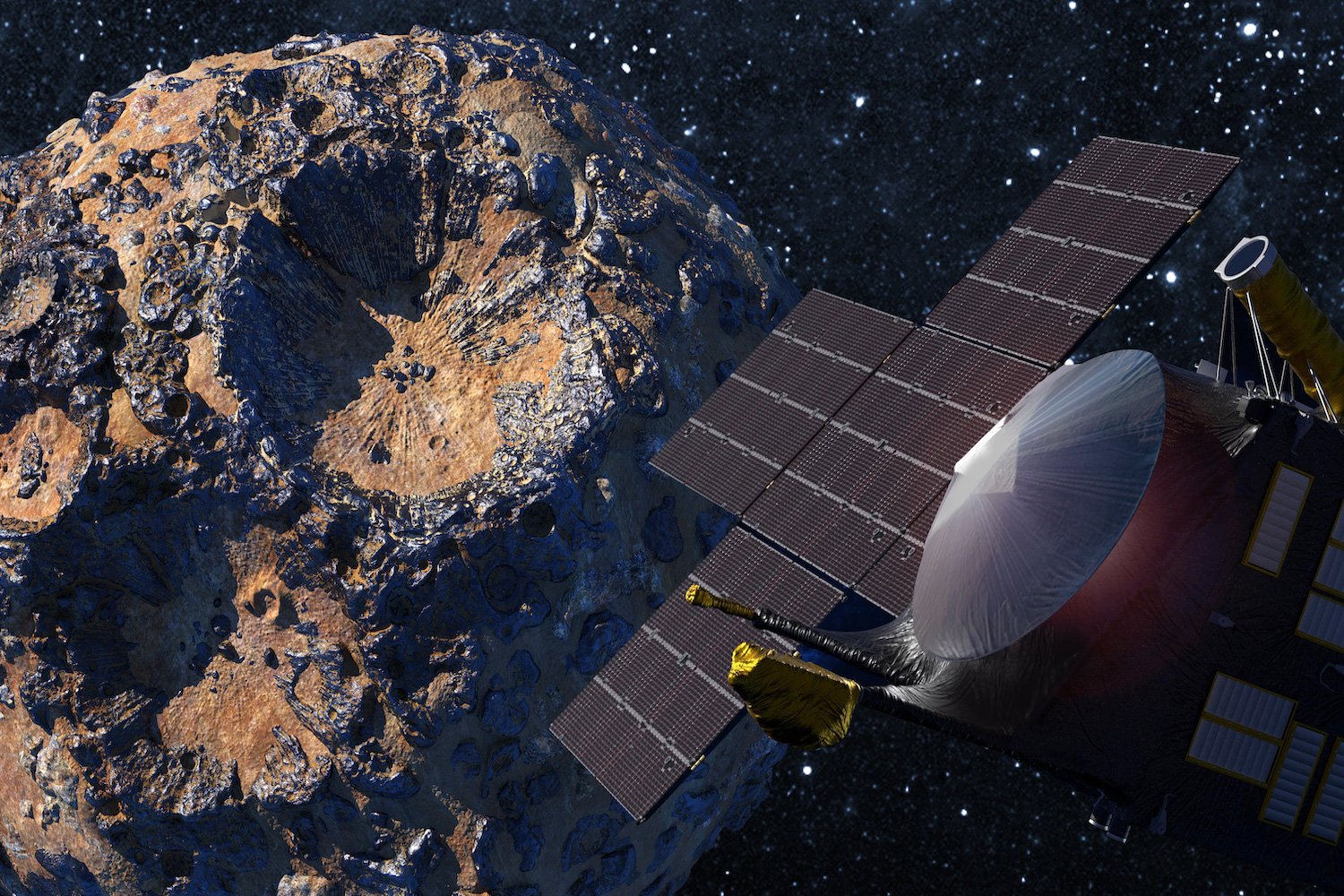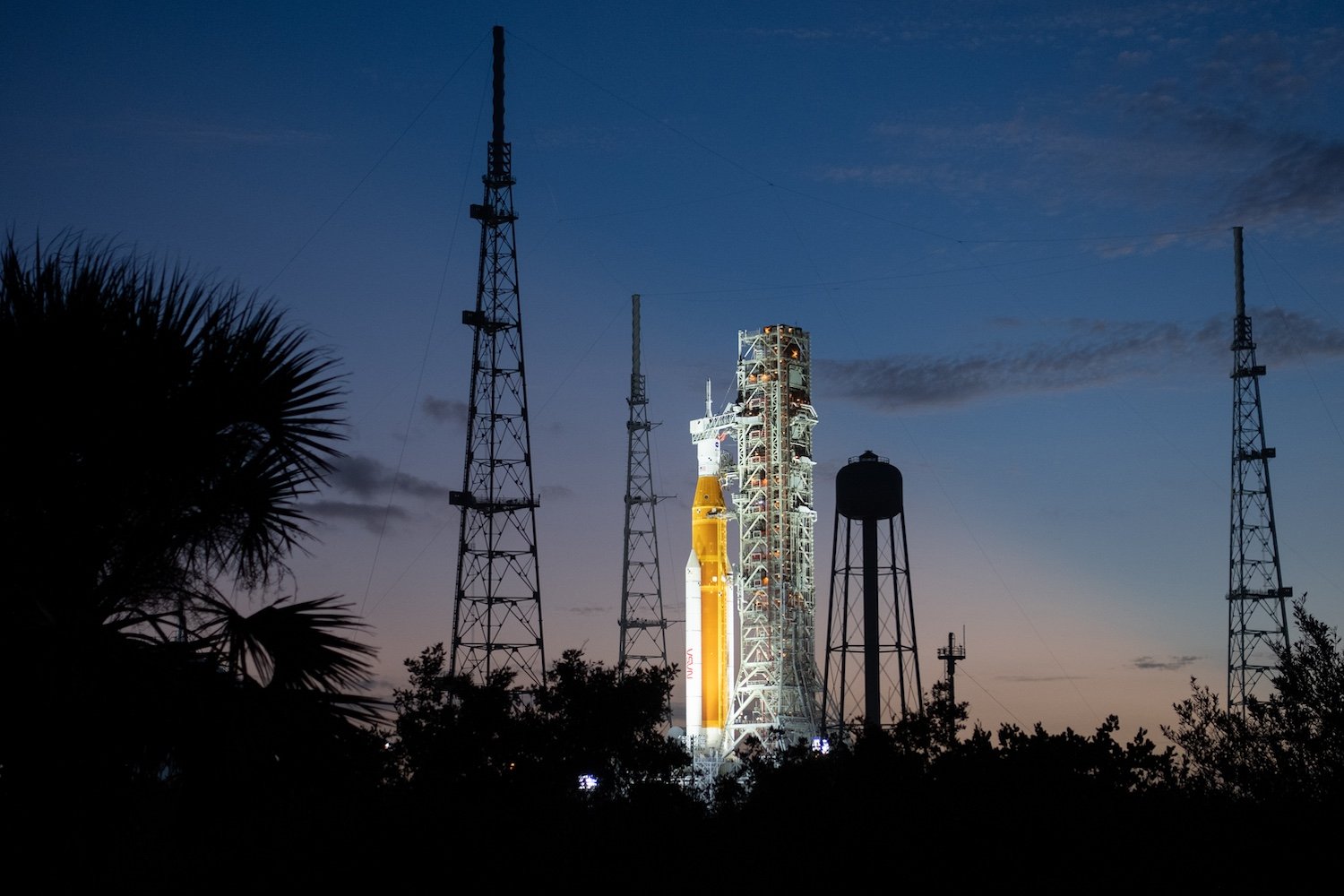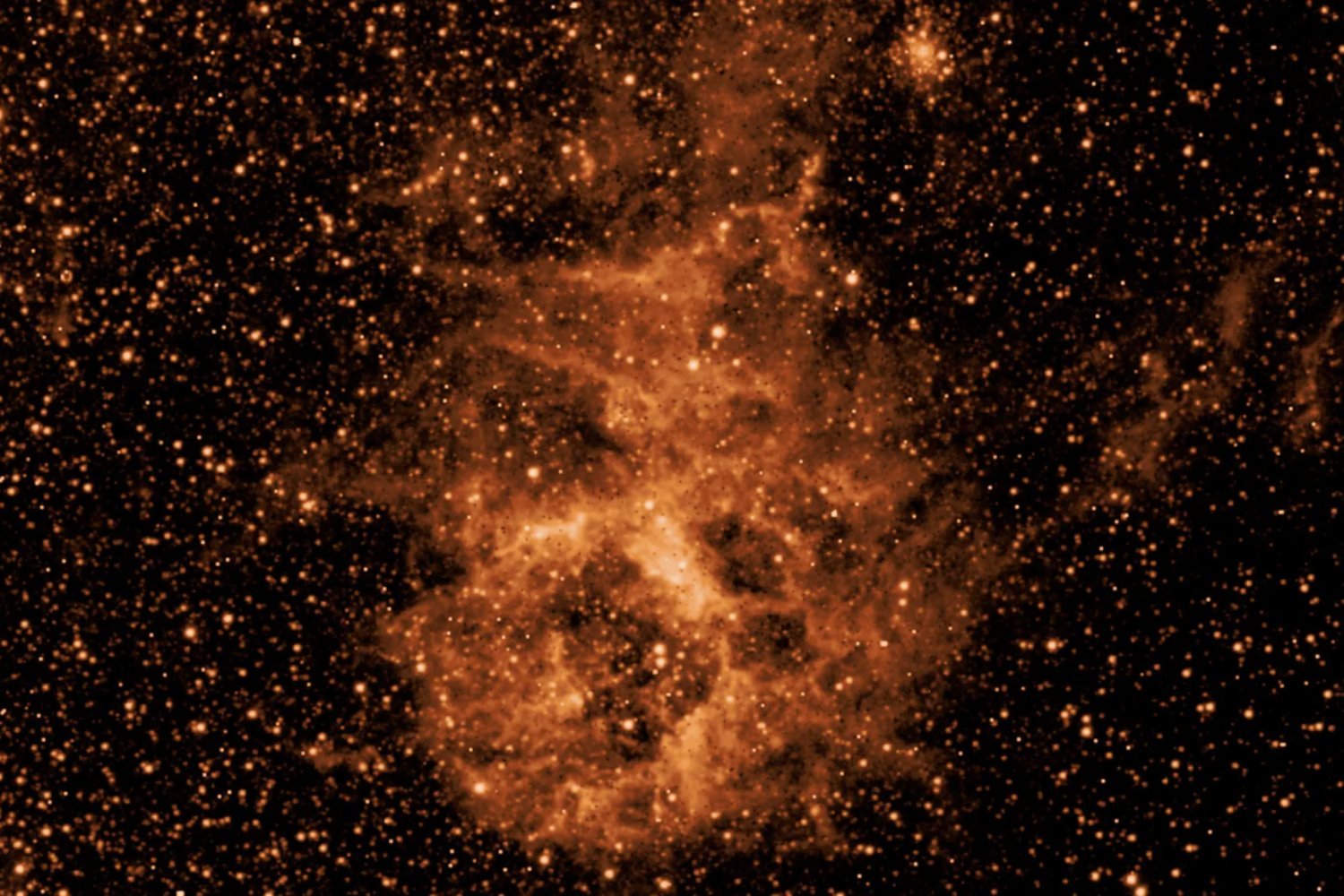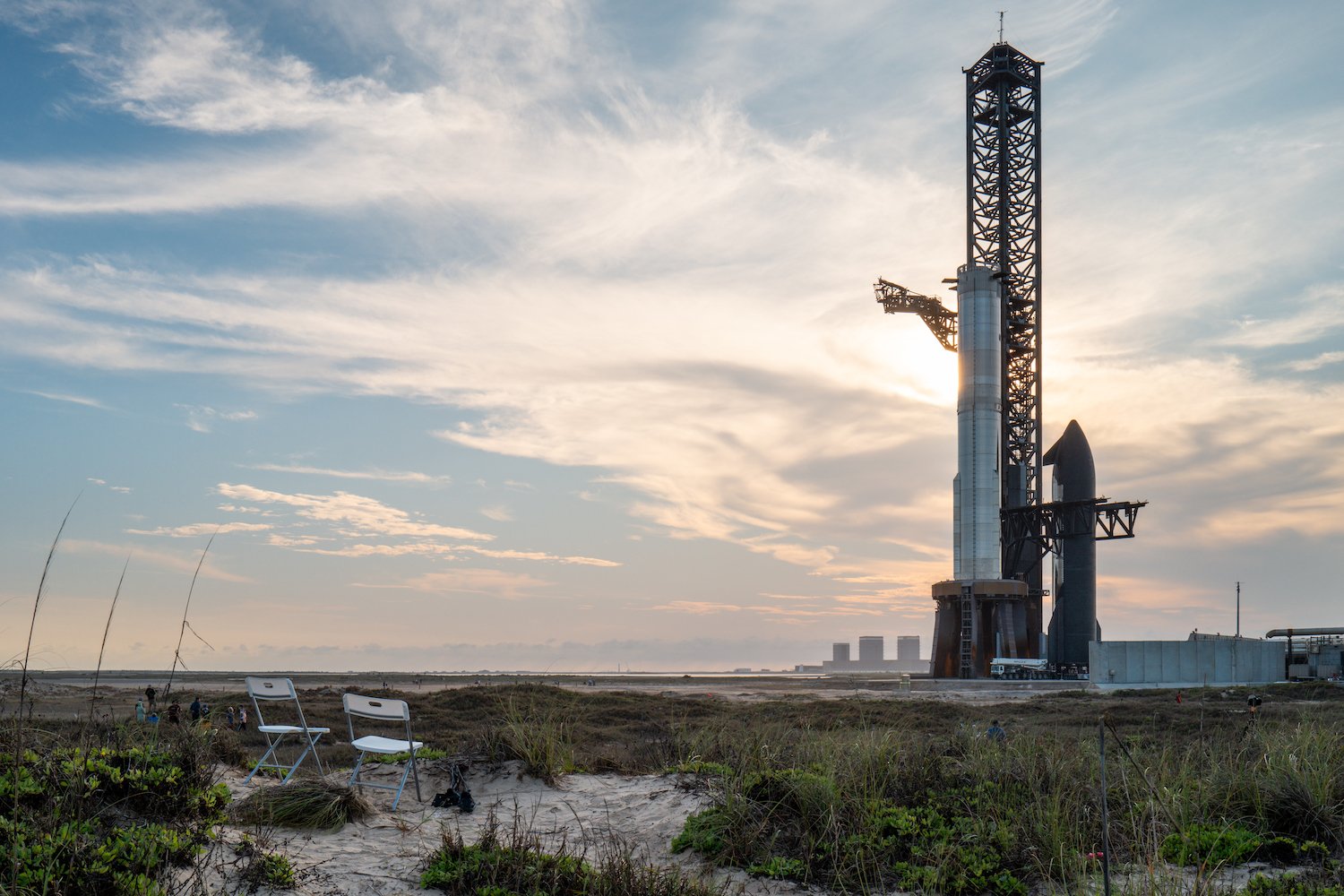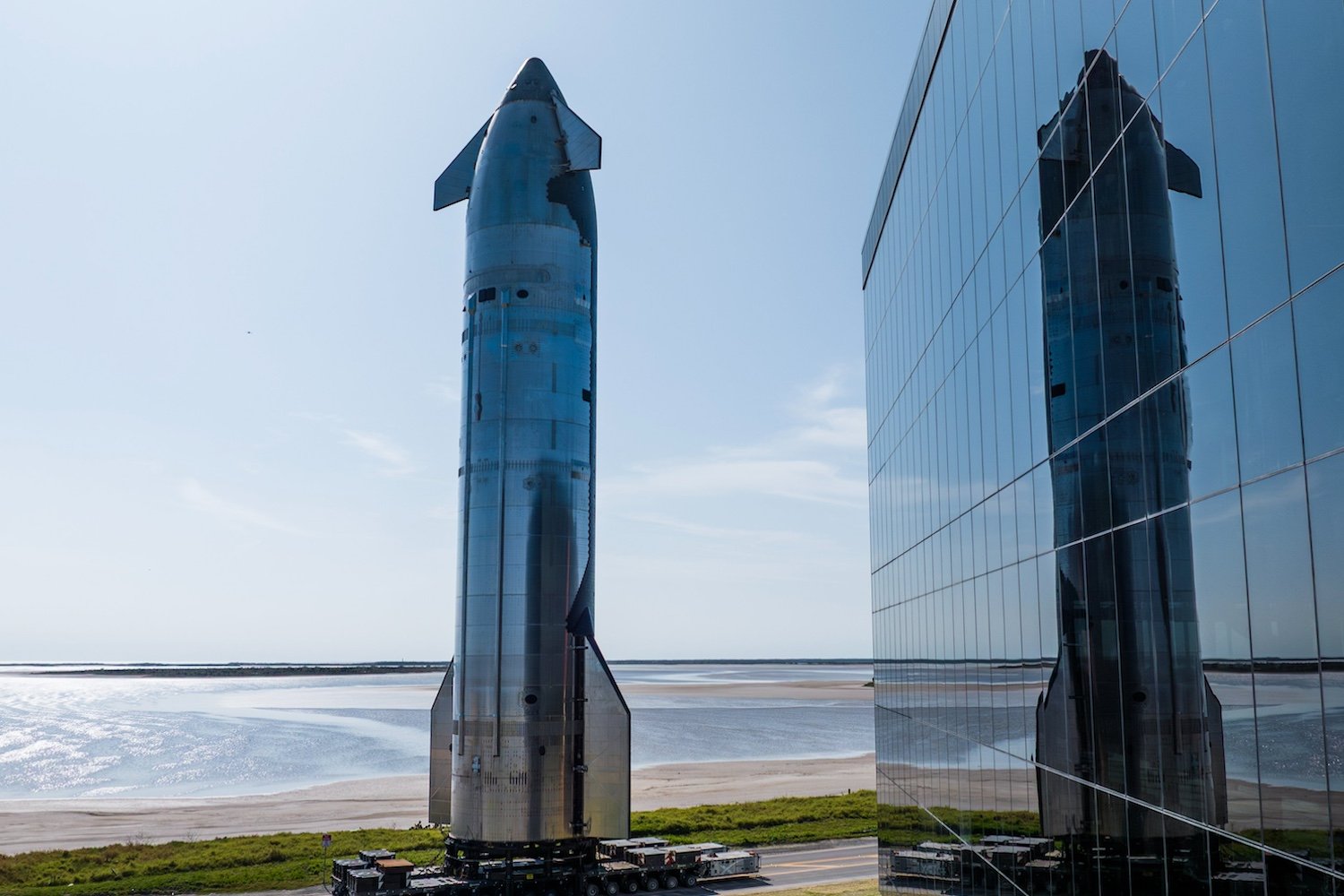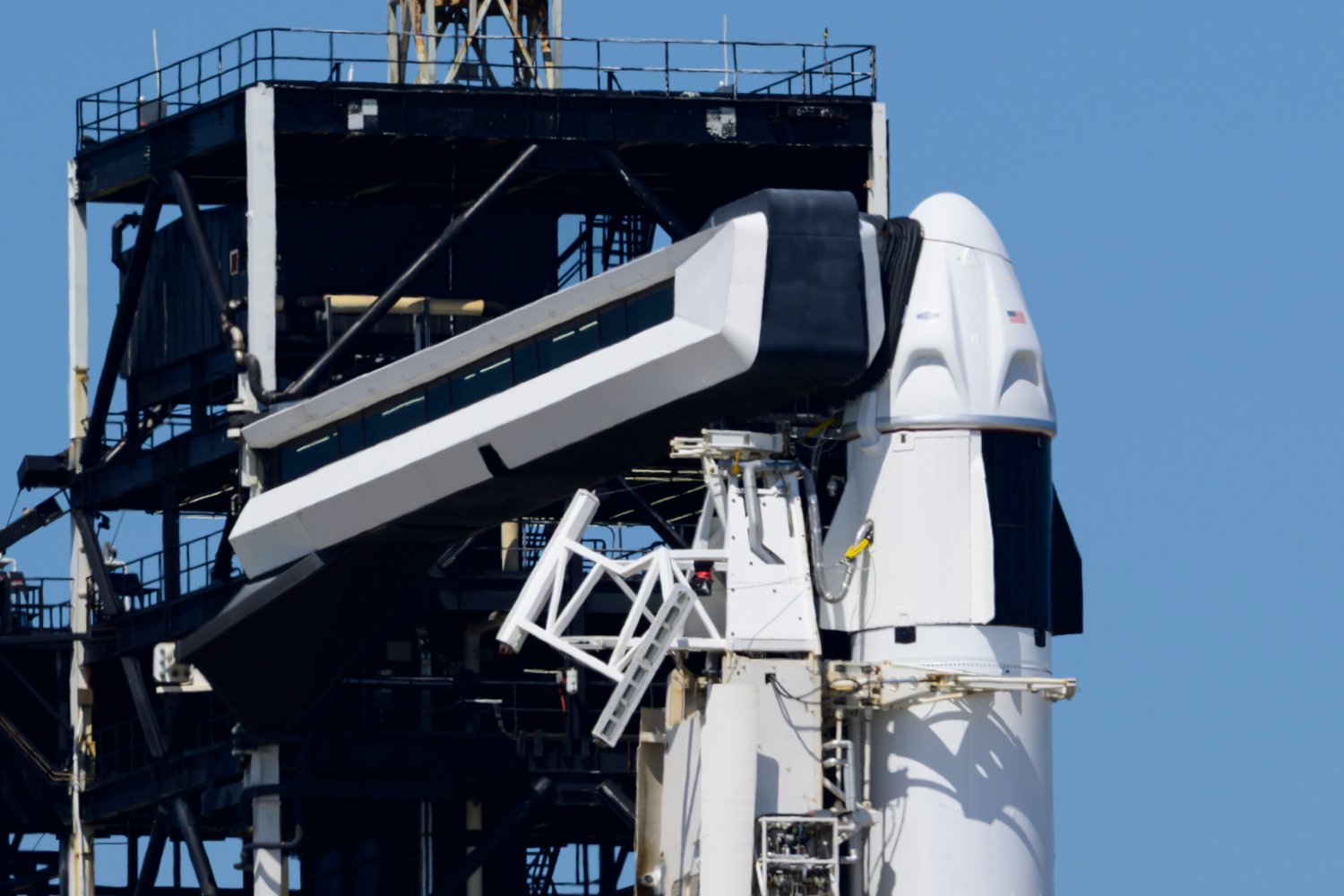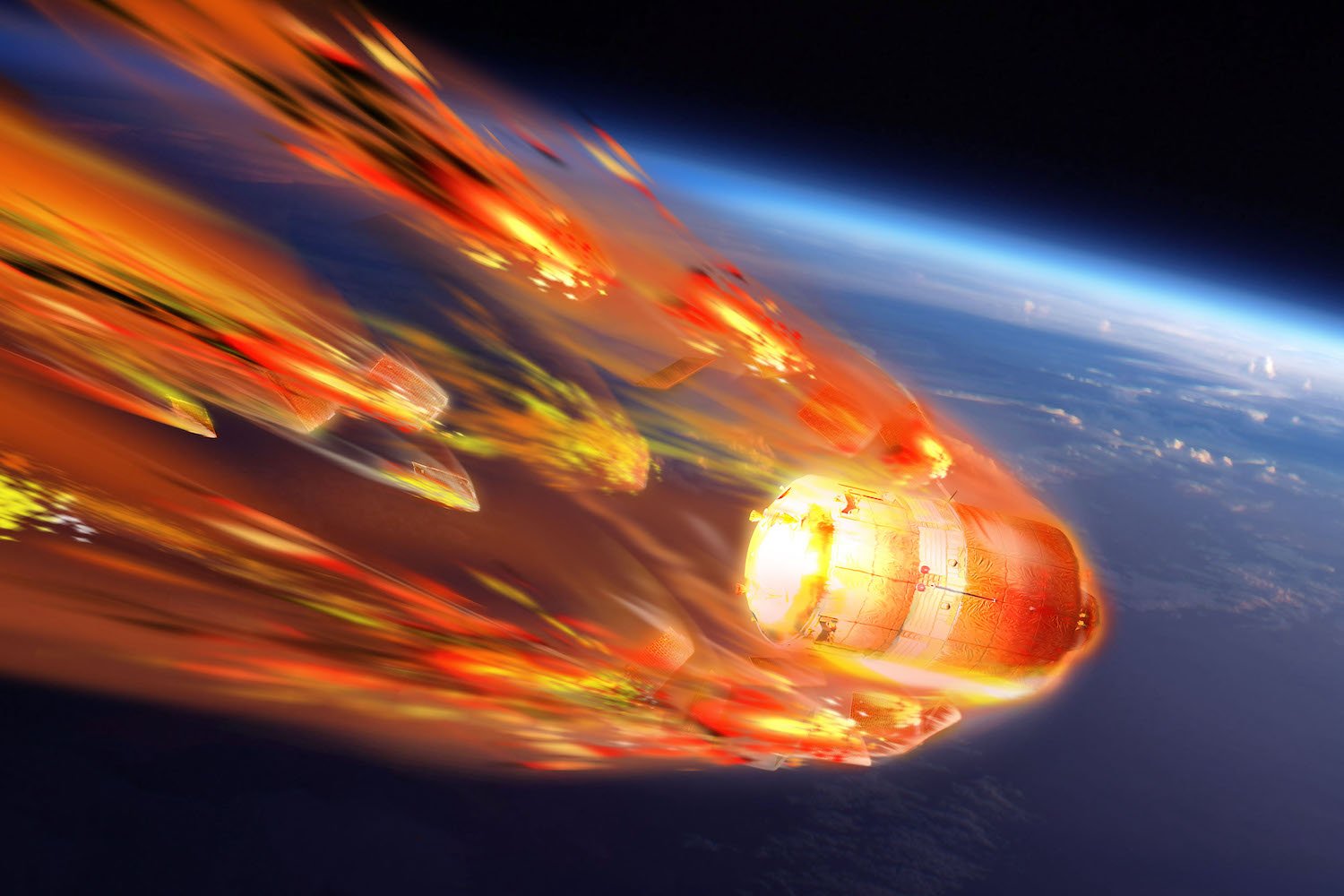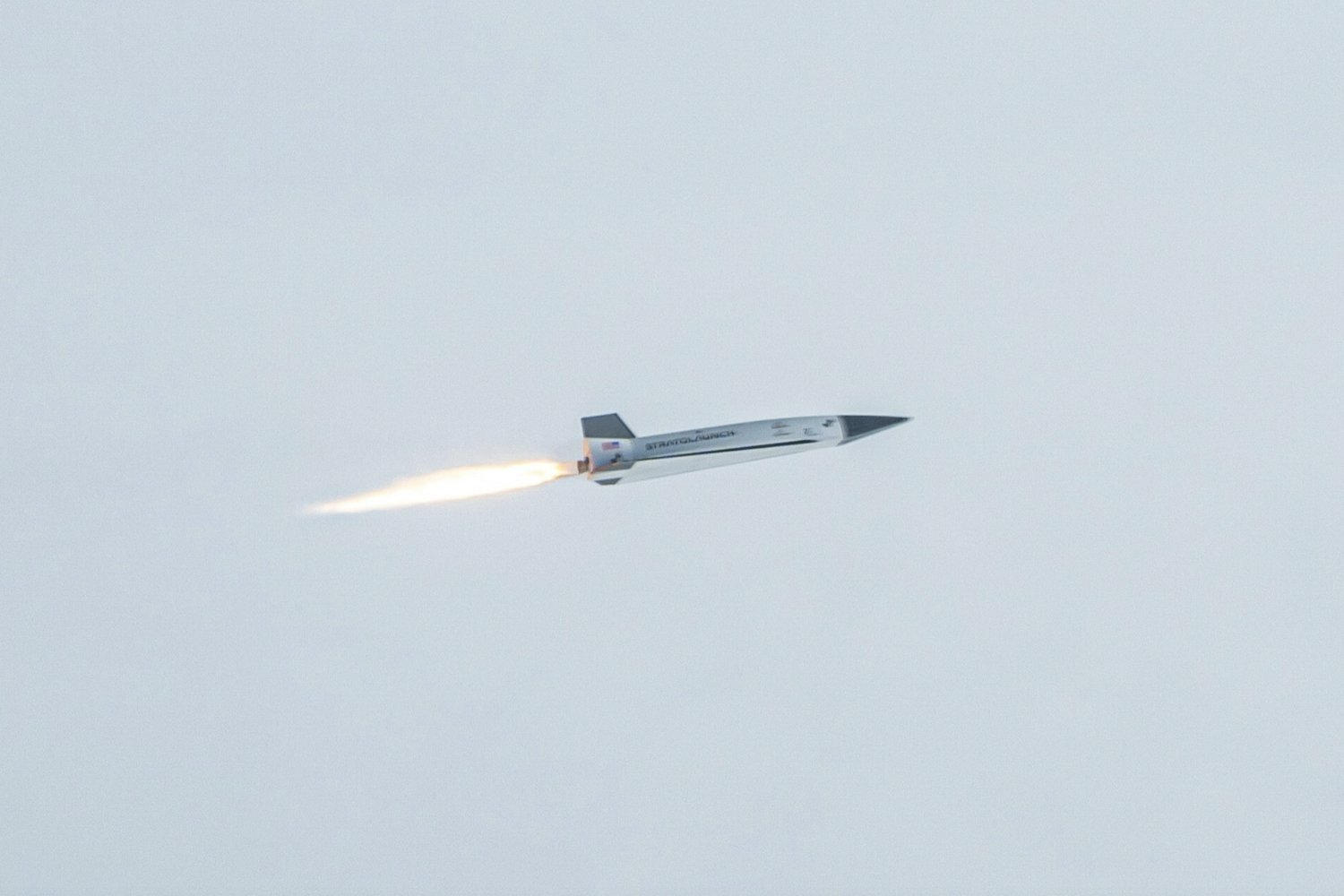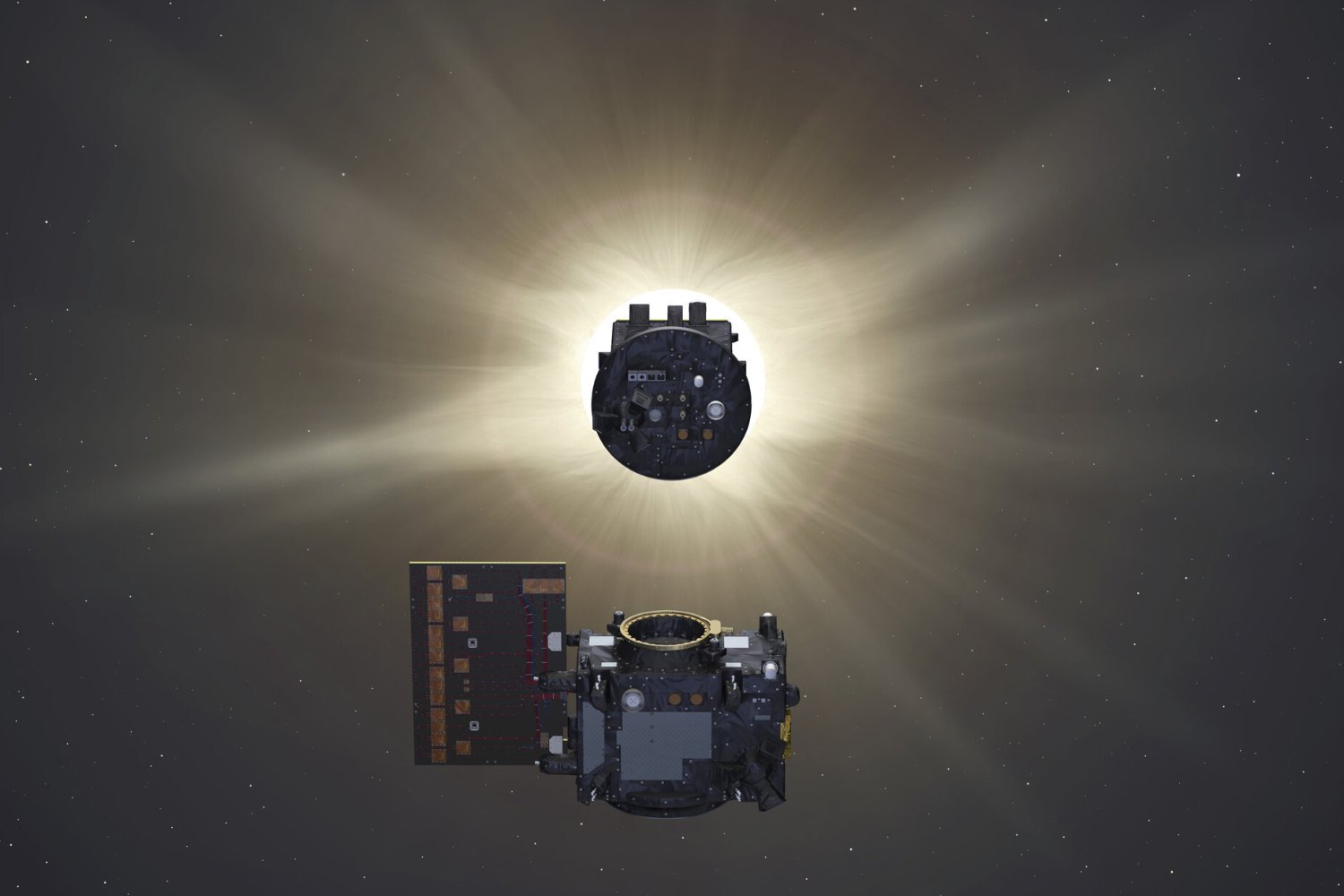The Psyche spacecraft, launched in October 2023, is on a 2.2 billion-mile journey to a unique, metal-rich asteroid in the main asteroid belt. This mission aims to unravel the mysteries of Earth’s origins by studying the asteroid, also named Psyche. However, the spacecraft has encountered a challenge with its propulsion system, requiring engineers to investigate a decrease in fuel pressure.
The issue surfaced on April 1, 2025, when the spacecraft detected a drop in xenon gas pressure feeding the thrusters. The pressure decreased from 36 pounds per square inch (psi) to approximately 26 psi, prompting the automatic shutdown of the thrusters. NASA engineers are working diligently to determine the root cause of this pressure drop and implement a solution. The mission team has temporarily halted thruster firings while the investigation is underway, as detailed in a recent NASA update.
Psyche utilizes a solar electric propulsion system, harnessing solar energy to power its four electric thrusters. This system is crucial for navigating the vast distance to the asteroid. The mission has a critical window of approximately six weeks to resolve the issue before the spacecraft’s trajectory needs adjustment. If the problem persists beyond mid-June, it could impact the mission’s timeline.
The engineering team is exploring several options, including switching to the spacecraft’s backup fuel line. This contingency plan would allow Psyche to resume its journey towards the asteroid. The current mission plan involves a Mars flyby in the spring of 2026, leveraging the planet’s gravity to propel the spacecraft towards the asteroid belt located between Mars and Jupiter.
The ultimate goal is to achieve orbit around asteroid Psyche in late July 2029 and commence scientific operations in August of the same year. Scientists believe Psyche, a 140-mile-wide (226-kilometer) asteroid, might be the exposed core of a shattered planetesimal, offering valuable insights into planetary formation.
This is not the first hurdle the Psyche mission has faced. Initially slated for a 2022 launch, the mission experienced delays due to issues with the spacecraft’s flight software, which controls orientation, trajectory, and communication with Earth. Just a week before its rescheduled launch in October 2023, another issue emerged concerning the thrusters, potentially causing overheating during the eight-year mission. This was resolved, allowing for a successful launch.
While the current propulsion system challenge presents a new obstacle, NASA officials remain optimistic. Louise Prockter, director of NASA’s planetary science division, expressed confidence in the mission’s redundancy and the team’s ability to address the issue, as reported by SpaceNews. The situation is being closely monitored, and the team is actively pursuing solutions to ensure the mission’s continued progress towards its scientific objectives.
In conclusion, the Psyche mission’s journey to explore a unique metal-rich asteroid has encountered a propulsion system challenge. NASA engineers are working diligently to resolve the fuel pressure issue before it impacts the mission’s trajectory. Despite these challenges, the team remains optimistic about overcoming this obstacle and achieving the mission’s goals of uncovering crucial insights into planetary formation.



